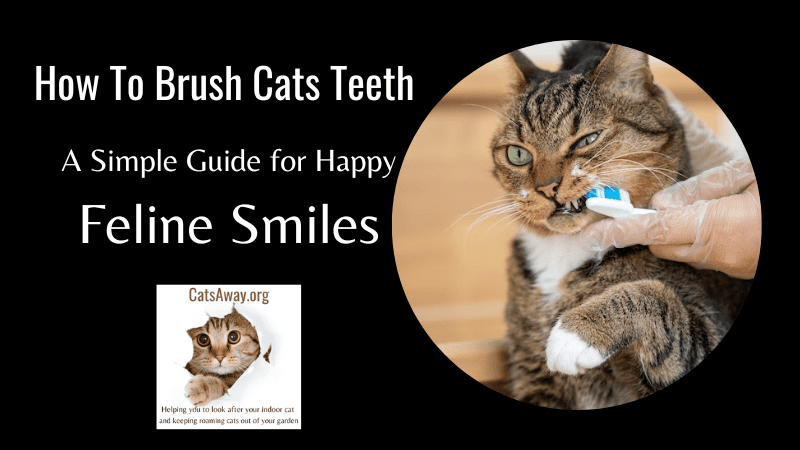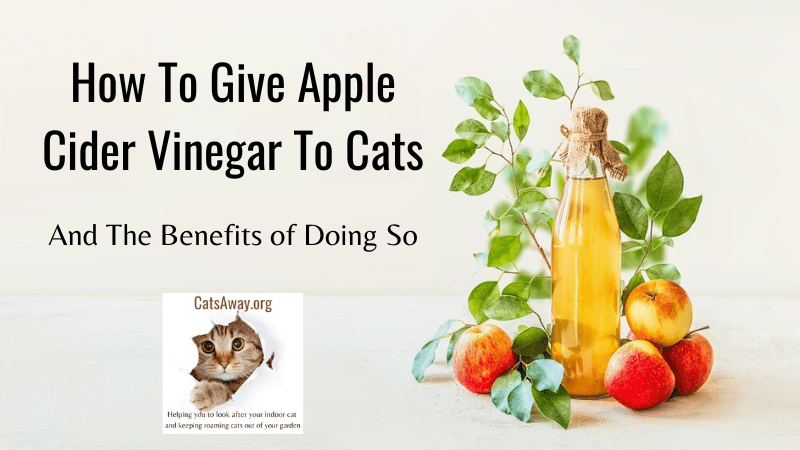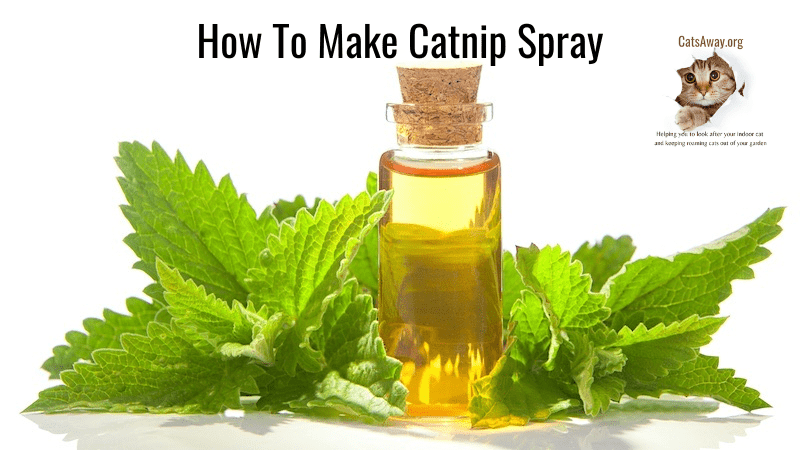Caring for a feline companion often includes providing them with a nutritious and varied diet. One healthy addition to a cat’s menu is zucchini, which is packed with fiber, vitamins, and minerals.
However, preparing zucchini for cats requires a bit of extra care, as their dietary needs and preferences are different from humans. This article will guide you through the process of how to cook zucchini for cats, taking into consideration their unique taste and texture preferences.
By following the steps outlined here, cat owners can feel confident in offering a delicious and nutritious treat to their pets. Providing a variety of healthy food options can contribute to the overall wellness and happiness of your beloved cat.
Before discovering how to cook zucchini for cats let’s look at what your cat needs in their diet and the benefits of adding zucchini.
Understanding Cats’ Dietary Needs
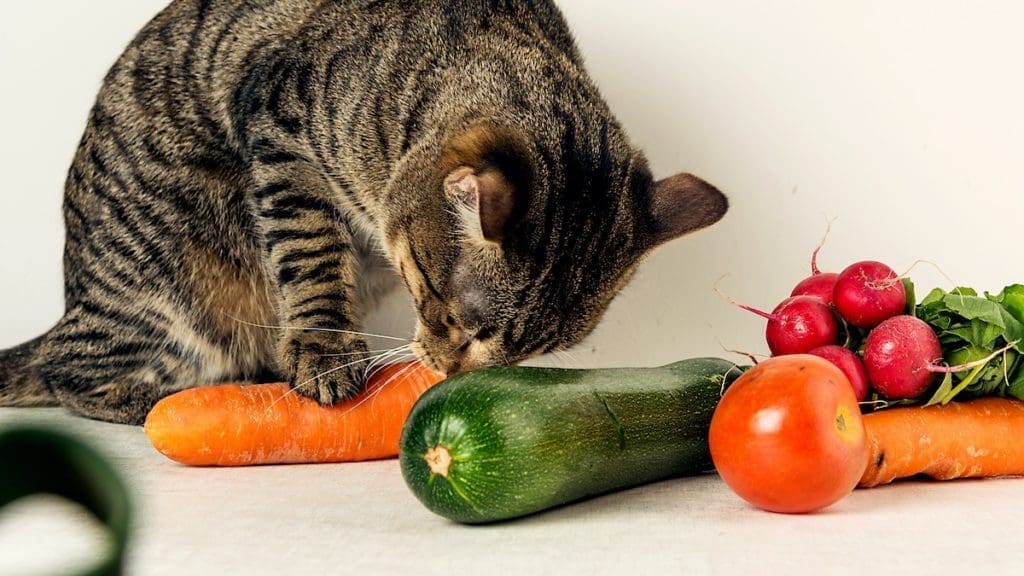
Obligate Carnivores
Cats are obligate carnivores, which means at least 70% of their source of nutrition comes from animal-based protein. Their bodies are designed to efficiently digest and utilize such proteins, unlike omnivores and herbivores.
Obligate carnivores lack the ability to synthesize certain nutrients, such as taurine and vitamin A, from plant-based sources and must obtain them from animal-based foods.
Vitamins and Minerals Cats Need
Cats require specific vitamins and minerals in their diet for optimal health. Some of these essential nutrients include vitamin A, B vitamins, vitamin D, calcium, taurine, and arginine. These vitamins and minerals support various functions within a cat’s body, such as maintaining a healthy immune system and proper digestion.
Hydration and Digestion
Proper hydration is crucial for cats’ overall health and digestion. While cats can obtain water from their food, they should also have access to fresh, clean water to ensure they stay sufficiently hydrated. A well-hydrated cat is better equipped to digest food and maintain optimal urinary health.
On a side note, only ever give your cat fresh water. They become lactose intolerant once weaned and all dairy products will give them an upset stomach.
Zucchini for Cats
Nutritional Value of Zucchini
Zucchini is a nutritious vegetable that contains essential nutrients and vitamins for cats, such as potassium, magnesium, fiber, vitamin C, and vitamin A. It also has antioxidants, which can help protect cats from diseases and health issues.
Health Benefits for Cats
Whilst your cat won’t benefit from all the vitamins found in Zucchini, it is a low-calorie vegetable that is high in fiber which can help regulate digestion and promote healthy gut flora. It also contains antioxidants such as beta-carotene and vitamin C, which can help support the immune system and protect against cellular damage.
Additionally, zucchini is a good source of potassium, which is important for maintaining healthy blood pressure and heart function.
However, it is important to note that zucchini should not be a primary source of nutrition for cats, as they require a diet that is high in animal protein to meet their nutritional needs. Zucchini should be offered as an occasional treat or as a supplement to a balanced and complete diet that is appropriate for cats.
Safe and Unsafe Vegetables for Cats
While zucchini is a safe and healthy food for cats due its low calorie content, not all vegetables and fruits are suitable for their consumption. Some safe vegetables for cats include carrots, broccoli, and green beans. On the other hand, onions and garlic are toxic to cats and should be avoided.
To serve zucchini to your cat, make sure to wash it thoroughly and cut it into bite-sized pieces. Both raw and cooked zucchini can be offered, but it is best to avoid adding any seasonings or oil.
Mixing zucchini with their regular commercial cat food can be beneficial for incorporating this nutritious vegetable into their diet.
It’s worth noting though that Zucchini is already found in some of the quality commercial cat foods on the market due to it being low in calories and carbs and having certain health benefits for cats.
How to Prepare and Serve Zucchini for Cats
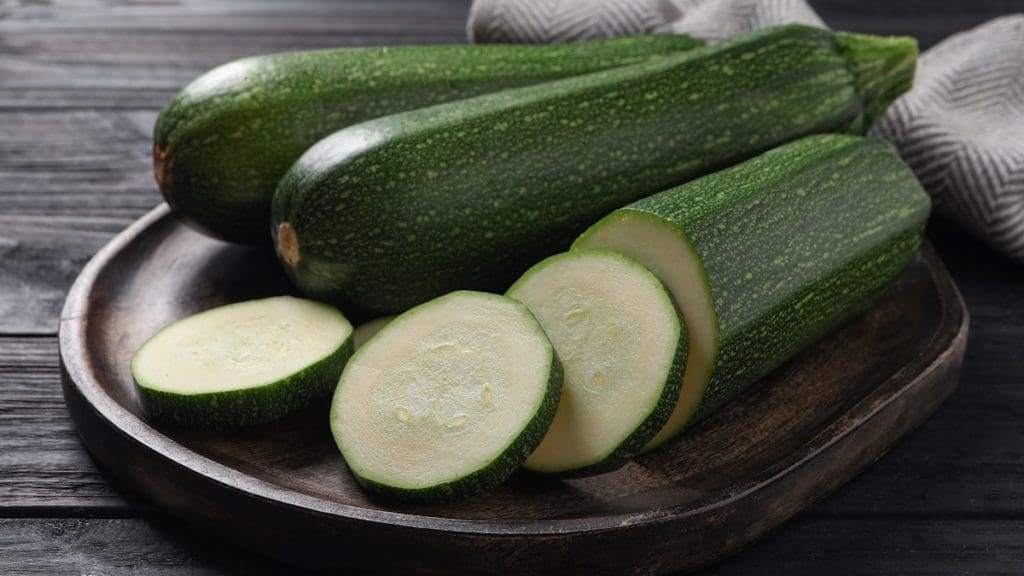
Selecting and Preparing the Zucchini
When choosing zucchini for your cat, select fresh, firm courgettes with a vibrant green color. Always wash the zucchini thoroughly and remove the skin, as it can be tough for cats to digest.
Cooking Methods for Zucchini
To cook zucchini for cats, boiling is a popular method. Boil water in a pot and add 1 teaspoon of salt per quart of water to help preserve the vitamins and minerals. Put the cut-up zucchini into the boiling pot and let it boil for 2 minutes, then drain the water.
Steamed zucchini is another option, as it can retain more nutrients than boiling. Avoid frying the zucchini, as this method adds unnecessary fats and may cause digestive issues for your cat.
Serving Size and Frequency
When serving zucchini to your cat, moderation is key. Cats primarily require a meat-based diet, so vegetables like zucchini should only be offered as a supplement to their balanced diet. A small serving of cooked zucchini, approximately the size of a pea is a safe option.
Consult your veterinarian if your cat experiences any allergic reactions, like vomiting or diarrhea, after consuming zucchini.
Zucchini provides hydration, fewer calories, and can support digestive health. It also contains beneficial nutrients such as folate, zeaxanthin, and lutein. However, it is essential to monitor your cat’s reaction to zucchini and adjust the serving size and frequency accordingly.
Remember, your cat’s well-being comes first, and offering them a variety of safe options like cooked bell peppers, quail egg, steamed pumpkin, or even canned zucchini are other ways to supplement their diet.
Summing Up
Feeding zucchini, green beans, peas or carrot to a cat can be beneficial in very small amounts, but it is not necessary to go out of your way to prepare these vegetables specifically for a cat. While they contain some nutrients that can be beneficial to them, they are not essential to a cat’s diet, and their nutritional needs are best met by a quality indoor cat food that is high in animal protein.
If you do decide to offer vegetables to your cat, it is important to make sure they are cooked and chopped into small pieces to avoid choking and to ensure that they can be easily digestible.
If you find your cat likes zucchini or any other safe vegetable then use sparingly as a special treat and keep the amount small the first few times, no bigger than a pea until you are sure he isn’t allergic.
My personal experience with my Manxie is that he turns his nose up to anything that isn’t fish or chicken! I do feed my cat a Quail egg once a week which he really does enjoy so I stopped trying to tempt him with greenery from my vegetable garden some time ago.
Frequently Asked Questions
Is raw zucchini okay?
Yes, cats can eat raw zucchini. Just make sure to wash it thoroughly and remove any ends or rough spots before serving.
How to cook zucchini?
To cook zucchini for cats, simply boil water and add the cleaned zucchini. Cook until tender and allow it to cool before serving to your cat.
Which veggies can cats eat?
Cats can safely eat a variety of vegetables like zucchini, peas, and green beans. However, these should only be given as occasional treats, not as a staple of their diet.
Can cats eat pumpkin?
Yes, cats can eat pumpkin. It is a natural source of fiber and can help with digestion. Make sure it’s cooked and unsweetened before feeding it to your cat.
Is spinach safe for cats?
Spinach is safe for cats in moderation. It contains vitamins and minerals, but also has oxalates which can affect cats with certain health issues. Consult your veterinarian before adding spinach to your cat’s diet.
Is carrot safe for my cat?
Carrots are safe for cats to eat. They are high in essential vitamins and can provide some fiber in their diet. Just make sure to chop or cook them to ensure your cat can safely chew and digest them.




